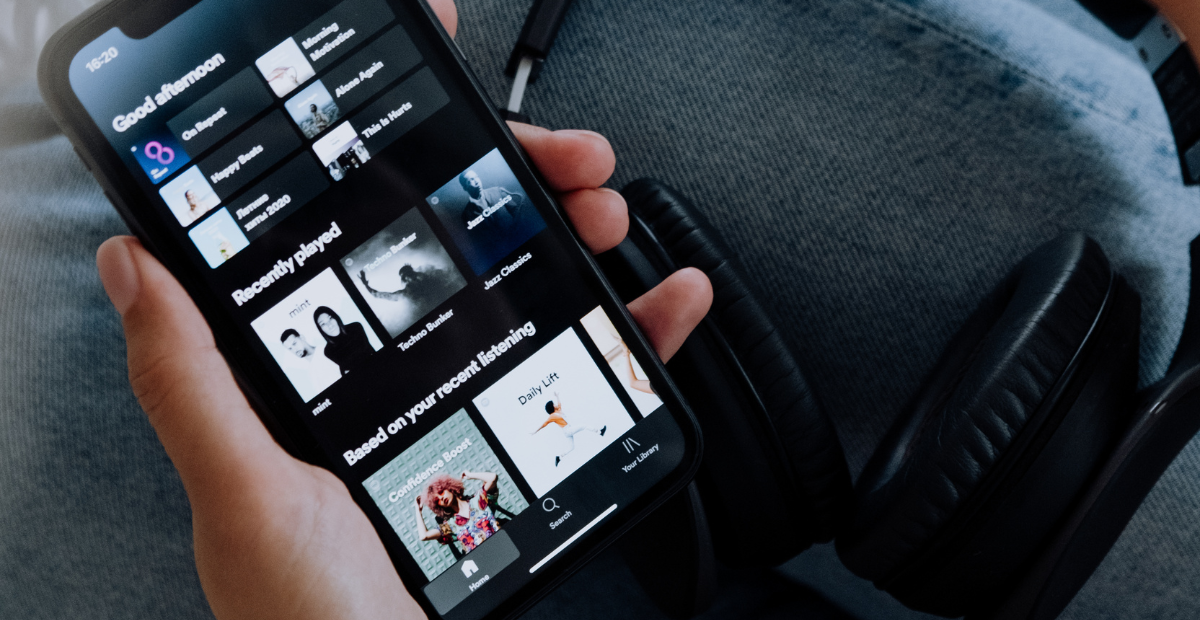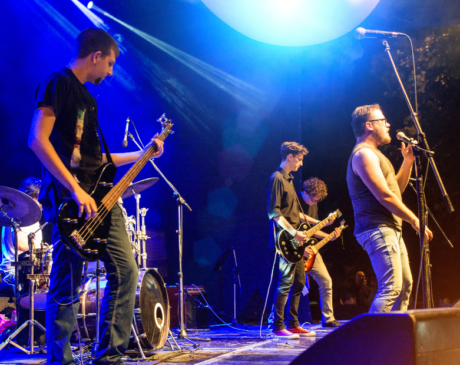All the changes in Music Fan Culture Over Time

Music, the universal language that transcends borders and unites people across the globe, has undergone remarkable transformations over the centuries. As we delve into the dynamic world of music fan culture, we will explore how music fandoms have evolved, examining their impact on politics, religion, and society as a whole.
We will also delve into the profound influence of pop music on various aspects of life and contemplate the changing role of music in shaping our world. Moreover, we’ll investigate the ways in which music has mirrored and molded cultural changes over time, and how the music industry has adapted to these shifts.
This article will answer these questions while shedding light on the fascinating interplay between music and culture.
I. The Evolution of Music Fandoms
Music fandoms, once confined to passionate listeners, have transformed into powerful entities with vast influence. Historically, music fans primarily sought entertainment and connection through their favorite songs, but over time, fandoms have become more complex.
In the past, music fan culture revolved around shared experiences at live concerts and radio broadcasts. Fans eagerly awaited album releases and engaged in spirited discussions about their favorite artists.
Today, with the advent of the internet and social media, fandoms have become global communities where fans can connect instantly, exchange opinions, and even organize fan events and conventions.
The emergence of online platforms has amplified the voice of fans, making them a force to be reckoned with.

II. Music Fandoms: From Entertainment to Sports and Politics
The transformation of music fandoms goes beyond the realm of entertainment. They have evolved into a phenomenon that permeates sports, politics, and even religion.
The enthusiasm and loyalty once reserved for sports teams are now directed toward musicians and bands. Fan clubs, merchandise, and fan chants have become ubiquitous, mirroring the culture of sports fanatics.
Moreover, music and politics have become intertwined as artists use their platforms to advocate for social change and engage in political discourse.
Songs like Bob Dylan’s “The Times They Are A-Changin‘” and John Lennon’s “Imagine” have served as anthems for social movements.
Musicians have the power to inspire change and shape political narratives, and this connection between music and politics continues to evolve.
III. Music as a Reflection of Society
Music has always been a mirror reflecting the hopes, fears, and aspirations of society. Throughout history, songs have played a pivotal role in capturing the essence of cultural changes.
Songs like Elvis Presley’s “Hound Dog” and The Beatles’ “All You Need Is Love” serve as time capsules, preserving the ethos of their eras.
Music not only reflects societal changes but also has the power to incite them. From protest songs that rallied against the Vietnam War to anthems that fueled the civil rights movement, music has been a catalyst for social and cultural transformation.

IV. The Influence of Pop Music on Society
Pop music, characterized by its catchy melodies and broad appeal, has been particularly influential in shaping societies. It has transcended entertainment to become a cultural force.
Pop icons like Michael Jackson, Madonna, and Beyoncé have not only dominated the music charts but have also left an indelible mark on fashion, art, and popular culture.
Pop music has the unique ability to bring people together across divides. From Michael Jackson’s “We Are the World” to Lady Gaga’s “Born This Way,” pop songs have championed inclusivity and unity.
They have become anthems of acceptance, promoting diversity and tolerance.
V. The Music Industry: Adaptation and Transformation
The music industry itself has undergone dramatic changes over the years. Technological advancements, from vinyl records to streaming platforms, have reshaped how music is produced, distributed, and consumed.
The shift from physical to digital music has challenged the traditional business models, leading to the rise of independent artists and self-publishing.
Additionally, the role of record labels has evolved. While they once held the key to an artist’s success, artists now have greater control over their music and image, thanks to the democratization of the industry through the internet.
VI. Music’s Ongoing Evolution
In the past decade, music has continued to evolve rapidly. The dominance of streaming services has transformed the way we discover and enjoy music.
Artists are releasing music more frequently, and album releases have become less traditional, often accompanied by visually stunning music videos and interactive experiences.
Genres are blurring, and artists are experimenting with new sounds and styles, challenging conventional categorizations. This era has seen the emergence of artists like Billie Eilish and Lil Nas X, who have broken the mold and redefined the boundaries of pop music.
VII. The Digital Age and Music’s Cultural Impact
The digital age has ushered in a new era of music consumption and cultural impact. With the proliferation of streaming services, music has become more accessible than ever before.
Playlists curated by algorithms introduce listeners to a diverse array of artists and genres, fostering a culture of musical exploration. Social media platforms allow artists to connect directly with their fans, providing insights into their creative processes and personal lives.
This connectivity has given rise to a sense of intimacy between artists and their audiences, further blurring the lines between fan and artist.
Moreover, music’s instantaneous global reach has made it a unifying force in an increasingly interconnected world.
From K-pop’s global phenomenon to viral TikTok hits, music is now a global language, transcending borders, languages, and cultures.
This profound shift in music consumption and interaction has not only changed the way we experience music but has also accelerated its role in shaping contemporary culture.
VIII. Music’s Role in Shaping Cultural Conversations
Beyond its immediate cultural impact, music continues to be a catalyst for important conversations and debates in society.
In recent years, we’ve witnessed the emergence of songs that tackle pressing issues such as social justice, mental health, and environmental sustainability.
Artists like Kendrick Lamar with “Alright” and Billie Eilish with “All the Good Girls Go to Hell” have used their music to shed light on societal concerns.
These songs serve as anthems for movements and ignite discussions among fans and the broader public. Moreover, music has played a crucial role in raising awareness about global crises, with initiatives like Live Aid and Band Aid bringing together artists to combat poverty and famine.
As music adapts to the ever-changing cultural landscape, it continues to be a vital tool for fostering dialogue and inspiring positive change.
IX. The Future of Music Fan Culture: Adaptation and Innovation
Looking ahead, the evolution of music fan culture shows no signs of slowing down. With advancements in technology, we can anticipate even more innovative ways for fans to engage with their favorite artists.
Virtual reality concerts, interactive music experiences, and immersive fan communities are on the horizon.
These developments will bring fans closer to the creative process, allowing them to participate in music creation and storytelling.

Furthermore, as the world grapples with new challenges and opportunities, music will undoubtedly respond. Artists will continue to use their platforms to address pressing issues, and music will remain a driving force behind cultural shifts and societal changes.
The boundary-breaking nature of music genres will persist, creating new and unique sounds that resonate with future generations.
In conclusion, the changes in music fan culture over time are a testament to the adaptability and enduring appeal of music in our lives.
As technology, culture, and society evolve, music will evolve with them, shaping the way we connect, express ourselves, and understand the world around us. The future of music fan culture promises to be an exciting journey of innovation, collaboration, and continued transformation.



